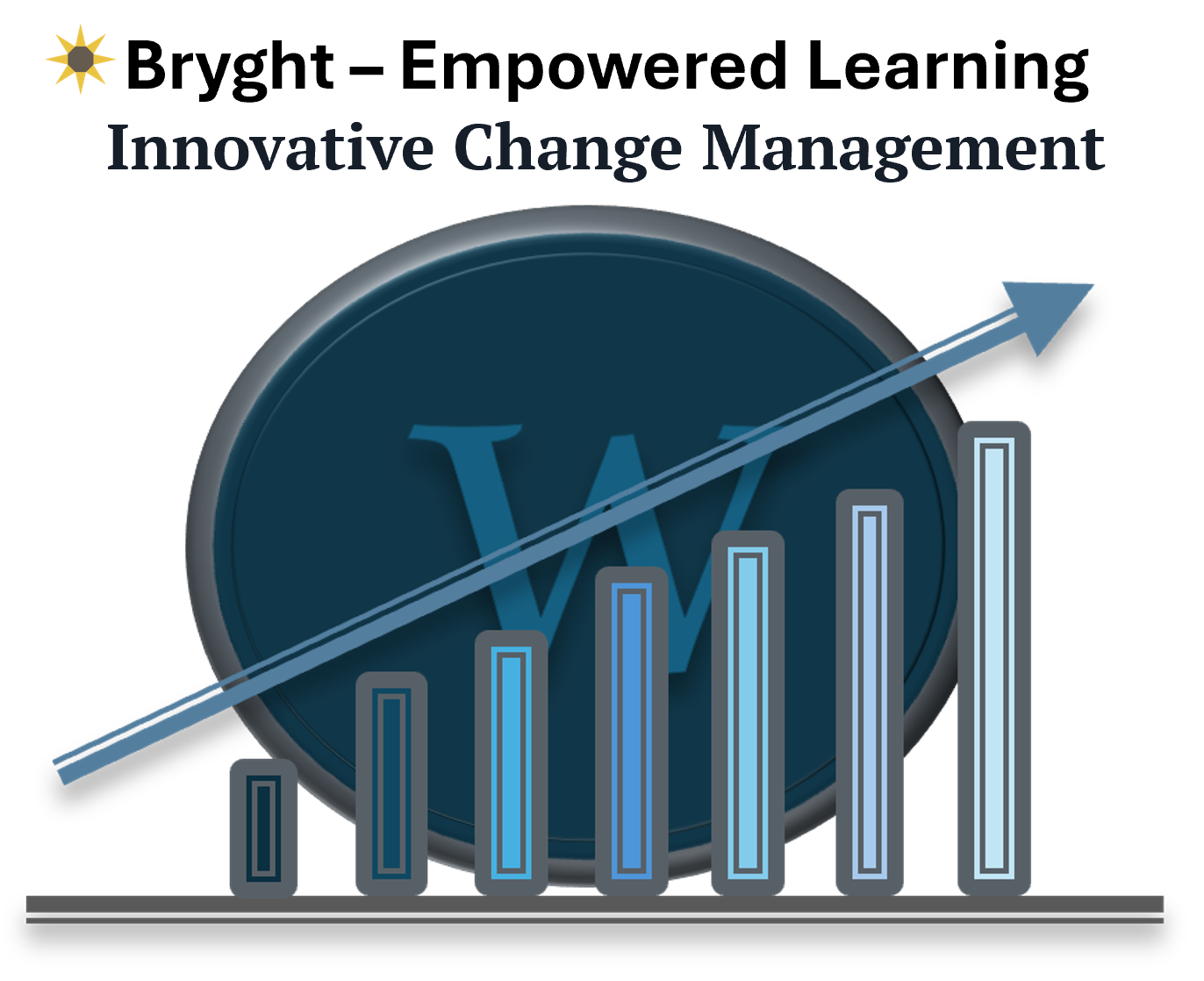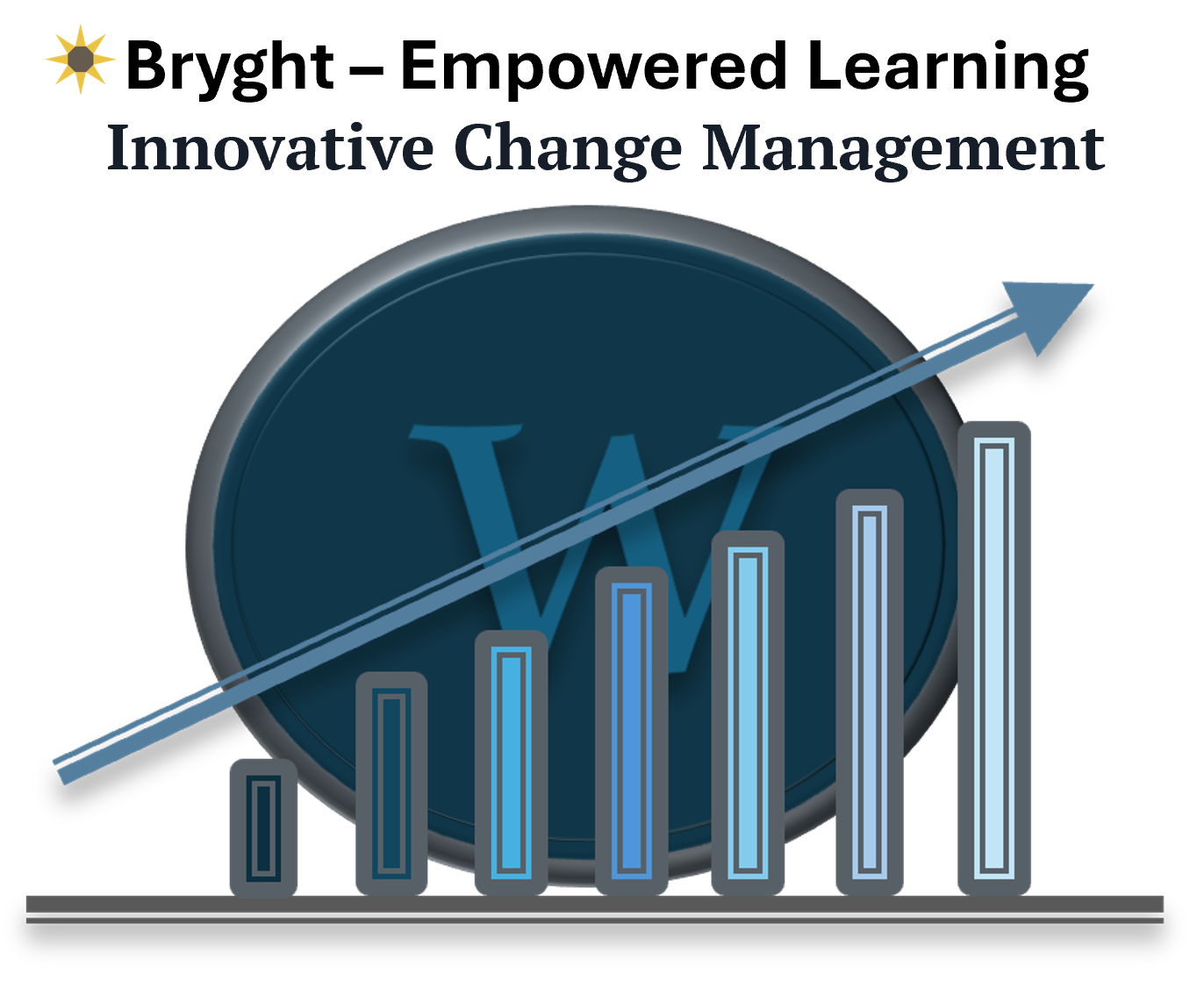
Mastering Change: The Key to Thriving in Uncertain Times
Feb 26, 2025Change is inevitable—but managing it effectively is what sets great leaders apart. Whether you're leading an organization through digital transformation, restructuring a team, or making personal growth decisions, navigating change with confidence is a skill that can be learned and mastered.
This March, we are excited to introduce our Innovative Change Management course, designed to equip you with the tools, strategies, and mindset needed to drive successful change initiatives in any environment.
One of the core frameworks we’ll be covering in the course is the ADKAR Method, a powerful approach to implementing change effectively, whether in an organization, a team, or your personal life. But at Bryght, we know that true, lasting change doesn’t just come from following a structured process—it requires a deep understanding of oneself and the emotions that drive behavior. That’s why our course blends the ADKAR methodology with our Self-Awareness and Emotional Intelligence (EQ) approach, ensuring that change is not only implemented but also embraced and sustained.
By integrating self-awareness and EQ into the change process, leaders and teams gain the ability to recognize resistance, manage emotions, and cultivate a mindset that fosters adaptability and resilience. This human-centric layer enhances each phase of ADKAR, from creating awareness and desire for change to reinforcing new behaviors for lasting impact.
A Glimpse into the ADKAR Method
To give you a sneak peek into what you’ll learn in our upcoming course, let’s explore the ADKAR Method, a structured approach to change that helps individuals and organizations transition smoothly from old ways to new.
1. Awareness: Recognizing the Emotional Triggers Behind Resistance
The first step in ADKAR—Awareness—requires individuals to recognize the need for change. But resistance to change isn’t always logical; it’s often emotional. Fear, uncertainty, and past experiences shape how people perceive change.
Our approach to self-awareness helps individuals identify their emotional triggers, unconscious biases, and internal roadblocks that might be preventing them from fully acknowledging the necessity of change. Leaders who develop emotional intelligence (EQ) can navigate these emotions, both in themselves and in their teams, creating a foundation of trust and openness.
2. Desire: Aligning Personal & Organizational Motivation for Change
To create desire, people need to see what’s in it for them—not just for the company. Emotional intelligence plays a critical role in understanding motivations at both an individual and group level.
By applying self-awareness techniques, leaders can:
- Uncover personal and team motivators that will drive engagement with the change.
- Empathize with concerns and address resistance in a way that builds trust.
- Communicate a compelling vision that connects logically and emotionally with the team.
Desire is fueled by a sense of purpose and emotional alignment, which is why integrating Bryght’s methodologies into ADKAR ensures a deeper buy-in for change at all levels.
3. Knowledge: Leveraging Emotional Intelligence for Learning & Adaptation
Knowledge—the "How" phase of ADKAR—requires learning new behaviors, skills, and processes. However, learning isn't just about technical knowledge; it’s about developing the mindset to embrace change effectively.
Bryght’s Emotional Intelligence framework supports this by:
- Helping leaders build resilience when faced with the discomfort of learning something new.
- Fostering adaptability, so individuals can pivot when challenges arise.
- Encouraging self-reflection, so employees and leaders can evaluate their own progress and recognize personal growth.
By integrating EQ and self-awareness, the learning process becomes more engaging and transformative, rather than just another step in a structured framework.
4. Ability: Strengthening Change Adoption Through Self-Regulation
Once the knowledge is there, the ability to apply it consistently determines success. This is where emotional intelligence becomes a game-changer.
Self-awareness and self-regulation help individuals:
- Manage frustration and setbacks when implementing change.
- Stay motivated despite discomfort in the early stages of skill adoption.
- Recognize and adjust unproductive habits that might sabotage change efforts.
Bryght’s mindfulness and self-mastery techniques empower leaders to remain emotionally grounded and focused, ensuring that they apply what they’ve learned effectively.
5. Reinforcement: Embedding Long-Term Change with Self-Awareness Practices
For change to stick, reinforcement is key. Bryght’s approach to leadership development includes:
- Ongoing self-reflection to assess progress and recognize small wins.
- Mindful reinforcement strategies, so habits become second nature.
- Continuous emotional intelligence training, so individuals remain agile and adaptable even as new changes arise.
By blending the ADKAR method with Bryght’s Self-Awareness & Emotional Intelligence principles, change doesn’t just become a structured process—it becomes a personal transformation. Leaders and teams don’t just go through change; they evolve with it, ensuring sustainable success in an ever-changing business environment.
The Future of Change Management Starts Here
As we launch the asynchronous Innovative Change Management course in March 2025, we invite you to explore how self-awareness, emotional intelligence, and structured change methodologies like ADKAR come together to create real, lasting transformation.
Ready to embrace change and take your leadership to the next level? Join us and transform the way you manage change—forever.
Stay tuned and get ready to lead change like never before! Pre-Sale Course offer
Wilhelmina Stӧcker
Founder Bryght - Empowered Learning
www.bryghtel.com
Stay in the Loop!
New blogs, courses, and services delivered to your inbox.
We hate SPAM. We will never sell your information, for any reason.




